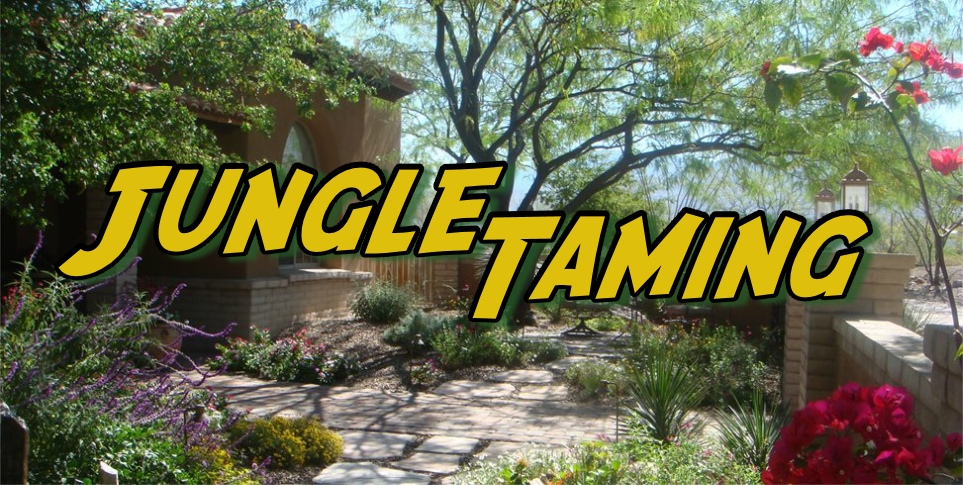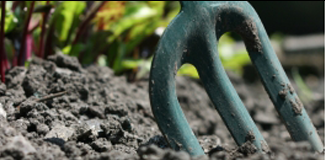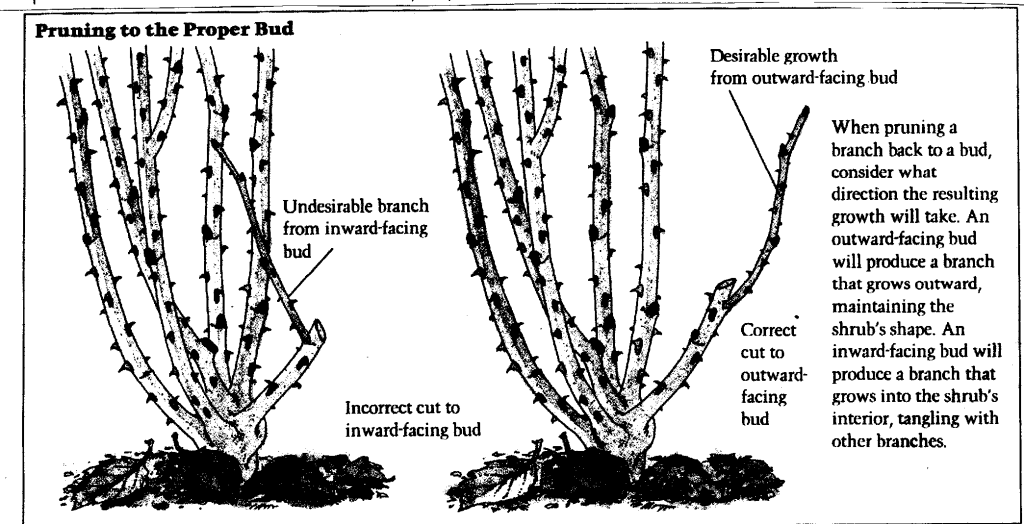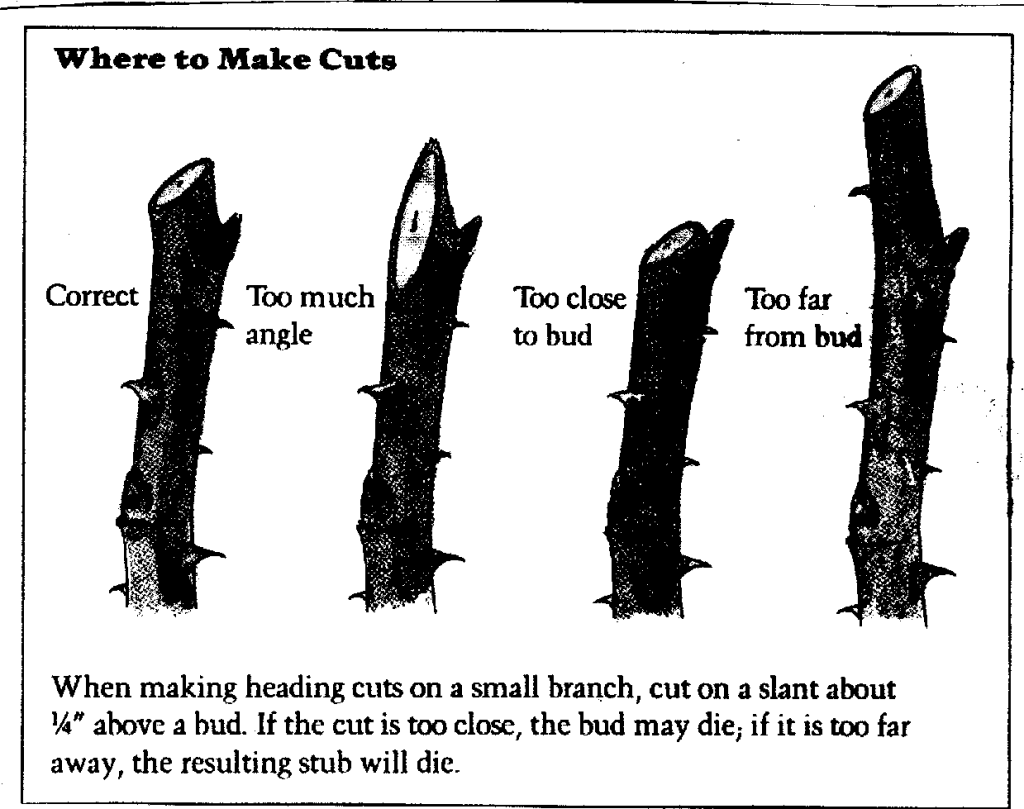Annuals
The average last frost date is Columbia is March 26th, which means spring is just around the corner. The blowing winds can dry out winter annuals, so be sure to keep them well watered. It’s too early to plant warm season annuals, but you can prepare the planting beds that they’ll go into.
Turf
Warm season grasses such as Centipede, Bermuda grass, Zoysia, and St. Augustine grasses need to have a pre-emergent herbicide applied when the Forsythia (Yellow Bells) shrubs are blooming. Avoid purchasing combination Weed & Feed products. Do not fertilize warm season grasses until they come out of dormancy or “green up”, which will likely be in April. If you wait until April to apply pre-emergent herbicide, then it will be too late to prevent weeds in the turf. To know how much herbicide to buy, measure the length of the yard and multiply by the width. This will give you the square footage. Read the label of the herbicide to find out how much square footage a bag will cover. Generally, the bags cover 2500 to 5000 square feet. The late March and April are some the best times to treat fire ants. Fire ants will burrow down deep when the weather is cold or hot, but will be very active in spring and fall.
Perennials
Overcrowded perennials can be divided now. . Monitor for aphids on daylilies and other perennials.
Roses
Keep your newly planted roses watered and fertilized. As a general rule, you should avoid getting the leaves wet to prevent the leaf spot that many roses are prone to getting. Roses should be pruned way back during February and March. Remove dead canes and any canes that are growing toward the center of the plant. Remove leaf debris from the crown of the plant and any mulch that may have piled up over the crown. Using sharp, clean pruners and loppers, look for an outward facing bud to make your cut just above.
Aphids love the new growth on roses. Monitor closely. Most roses can tolerate aphids with little detrimental effect, and lady bugs will swiftly move in to help control the aphid population. Proper pruning allows for good air circulation and will help minimize any sooty mold resulting from aphid honey dew.
Shrubs
There’s much confusion about pruning shrubs. As general rule, if the shrub blooms in the spring do not prune it until it has finished blooming. Otherwise, prior to spring growth is a good time to cut back shrubs to encourage new growth. If you just want to maintain the shape of a hedge, clip off the lighter green growth when it emerges in the spring. Monitor shrubs for insects. After Valentine’s Day and when they’ve finished blooming is a good time to prune camellias. Remove dead or crossing branches. Do not remove more than 1/3 of the height of the shrub in a single year. Camellias are susceptible to scale. Monitor the undersides of leaves for white spots that may indicate scale.
Trees
March is still a good time to plant trees through the end of the month. Check for damaged, dead, or crossing branches in trees and remove just outside the bark branch ridge of the limb.







